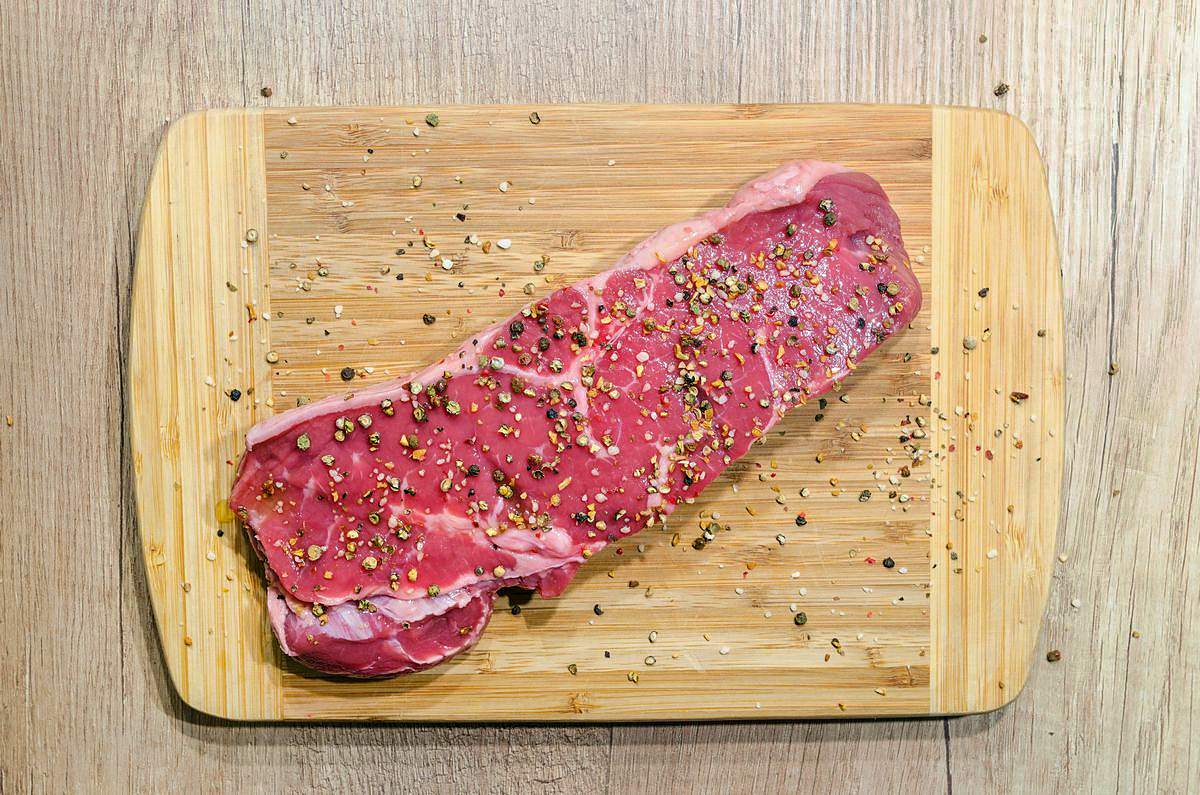Introduction 🌟
💪 Today, we’re diving deep into the shocking truth about fats, an often misunderstood and vilified macronutrient. To truly grasp the matter, we must understand what fats are, where they come from, and the intricate mechanisms that occur within our bodies when we consume or abstain from them. Get ready to have your mind blown! 🤯
The Miraculous Intelligence of Our Bodies 🧠
Our bodies are marvels of intelligence, meticulously fine-tuned and operating with purpose. 🔬 Contrary to popular belief, nothing happens by chance; every process serves a specific reason, primarily for survival. Looking back at human history and observing wild animals today, we see an irregular food supply, devoid of modern conveniences like refrigerators and consistent meal times. 🍽️
The Necessity of Energy Storage 🔋
To survive periods of scarcity, our bodies evolved an ingenious system to store excess energy as fuel for times of famine. 🏜️ This storage mechanism is crucial for our species’ survival, as it allows us to take advantage of periods of abundance and stockpile resources for leaner times.
The Two Forms of Energy Storage: Glycogen and Fat 🥩🍰
Our bodies primarily store energy in two forms: glycogen and fat. However, glycogen storage is extremely limited, providing only about 1,500 calories’ worth of energy, which is less than a day’s supply. 📉 Relying solely on glycogen would render our species extinct within 24 hours if food became scarce.
On the other hand, fat storage is the true champion of survival. 🏆 A moderately overweight person weighing 200 pounds with 40% body fat can store a staggering 280,000 calories’ worth of energy, enough to sustain them for six months without any additional intake (except water and some vitamins and minerals). 😲
The Efficiency of Fat Storage 🏆
Nature chose fat as the preferred energy storage method because it is nine times more efficient than glycogen. One gram of fat provides nine calories, while one gram of glycogen (bound to three grams of water) yields only four calories. 🔥 Storing energy as fat is not only more compact but also significantly lighter, making it the ideal choice for survival.
Insulin: The Storage Hormone 💉
Insulin is the hormone responsible for transitioning our bodies from a catabolic (breakdown) state to an anabolic (build-up or storage) state. 🔄 Different macronutrients trigger varying insulin responses, with carbohydrates eliciting the highest response, followed by protein, and fat triggering a negligible response.
The Balancing Act: Storage and Usage 🔄
Any excess energy, regardless of its source (carbohydrates, protein, or fat), will be stored as fat if it surpasses our immediate needs. 📈 This process is governed by insulin, which triggers fat storage and prevents fat burning. However, the key lies in maintaining a balance between storage and usage.
In our modern world of abundance, we often experience chronic congestion, where we continually store energy without allowing for periods of famine or utilization. 🍕🍔🍟 This imbalance leads to metabolic syndrome and various degenerative diseases.
Dietary Fat and Insulin Resistance 🥥🥓
Contrary to popular belief, dietary fat does not cause insulin resistance. Rather, insulin resistance occurs when cells become overstuffed and congested with excess energy, regardless of its source. 🚫 The association between fat and insulin resistance is a correlation, not causation.
The Primary Fuel: Fat, Not Carbohydrates 🔥
Contrary to popular belief, carbohydrates are not the primary fuel for our bodies. During periods of fasting or famine, our bodies rely primarily on fat for energy, with the brain utilizing up to 75% ketones as fuel. 🧠 Carbohydrates are necessary for emergencies and specific functions, but fat reigns supreme as our primary energy source.
The Good Fats vs. The Bad Fats 🥥🍖🌰
Not all fats are created equal. 🚫 The good fats are those found in nature, such as saturated fats from animal sources, fish oils, nuts, and avocados. These fats are stable, nutrient-dense, and beneficial when consumed in their whole food form or lightly processed (e.g., butter, coconut oil, extra virgin olive oil).
On the other hand, man-made fats, such as those found in highly processed vegetable oils, are often oxidized, rancid, and inflammatory. 🔥 While they may temporarily reduce insulin resistance, their long-term consumption can be detrimental to overall health.
The Momentum Toward Health 🚀
Ultimately, whether fat is beneficial or detrimental depends on the overall momentum of our dietary and lifestyle choices. 🏃♀️ If our momentum is toward congestion, insulin resistance, and excess storage, then even healthy fats may contribute to this negative trajectory.
However, if we shift our momentum toward clean-up, de-congestion, and utilization by reducing carbohydrate intake, increasing activity, and incorporating healthy fats, then fat becomes a powerful ally in reducing insulin resistance, promoting satiety, and supporting overall health. 💪
Conclusion: Embracing the Truth About Fats 🌱
For many, the truth about fats may not be shocking, but the prevalence of fat-phobia and the promotion of low-fat and non-fat products as guilt-free and heart-healthy is alarming. 😳 It’s time to embrace the truth about fats and let go of outdated beliefs that have been harming our health.
By understanding the principles outlined in this article, you can make informed decisions about the role of fats in your diet and overall well-being. Remember, it’s not about demonizing or glorifying any particular macronutrient, but rather about finding the right balance and momentum toward optimal health. 🙌
Copyright © 2025 Hea1th.net

